What links Reputation, Risk and ESG? For boardrooms they are all important but separate concerns; however there is a common theme in that they all involve prediction of the future. Now a new book ‘Beyond Bad’ by former investment banker, Chris Paley, examines these from a morality perspective as well, so it is worth drawing the threads together.
Reputation is an expectation others have of you or your organisation, you own it but don’t control it: it is attributed and earned but cannot be bought. Your audiences or ‘stakeholders’ use evidence of past behaviour as a predictive tool. The quality of your reputation is a consolidated view of how well you have measured up to expectation in the past. If you have been honest you will be trusted in the future, if you have lied or misled your promises will mean little. You add the names to fit!
Risk is future uncertainty that presents itself either as a puzzle that can be solved or a mystery that cannot. Probability helps to solve puzzles but it doesn’t achieve much for mysteries. Risk is after all an estimated future outcome and our views depend on our outlook as much as any deep analytical skills: are you a glass half full person or glass half empty? The risk to reputation involves calculating the likelihood of a good one becoming tarnished through carelessness; just ask the board of RTZ.
ESG is a concept in fund management designed to focus investment strategies on sustainability and responsibility to the good of the planet and society at large. It is a noble aim and has forced many large pension funds to examine where they have invested their members’ money and the type of business practices they support. There is growing scepticism about how funds are rated to combine the nobility of ESG theory with the reality of financial returns. ‘Greenwashing’ is not a new concept but Paley’s book throws new light on motivation to be seen to do good, even if we know it’s a sham.
In Beyond Bad, Paley argues that doing good is hardwired into our DNA not for religious or moral reasons but simply for survival within our peer group or tribe. We need to be accepted and approved. He argues that people evolved not to be good but to seem good or in his words ‘to keep our reputation within bounds’. Peer approval is a more instinctive driver of behaviour than altruism. This helps link reputation, risk and ESG based on behavioural psychology and why we do things.
If there is any doubt about examine the make-up of leading ESG funds and look behind composite labels of ESG ranking. Mining as an activity can hardly be described as sustainable, yet some minerals are essential for the making of battery cells for electric cars and smart phones. In the compromised world of ESG rating, this type of mining warrants a good ‘E’ rating despite the fact that mining is in itself undeniably not very ‘E’ friendly. There are many more examples of conflicted ratings which point to a fashion industry at heart, being seen to be ESG aware matters most to fund managers.
Reputation, risk and ESG are all linked by a focus on the future but also by our need to be seen to be good and belong to the tribe. Behaviour matters as it determines how others see us. As one cynical comment from a Times reader put it recently: ‘ESG is a marketing gimmick that will make a lot of fund managers very rich, but it will do little to change the planet for the good. You can call BAT an ESG company now as it is involved in the growth and development of medicinal cannabis.’

